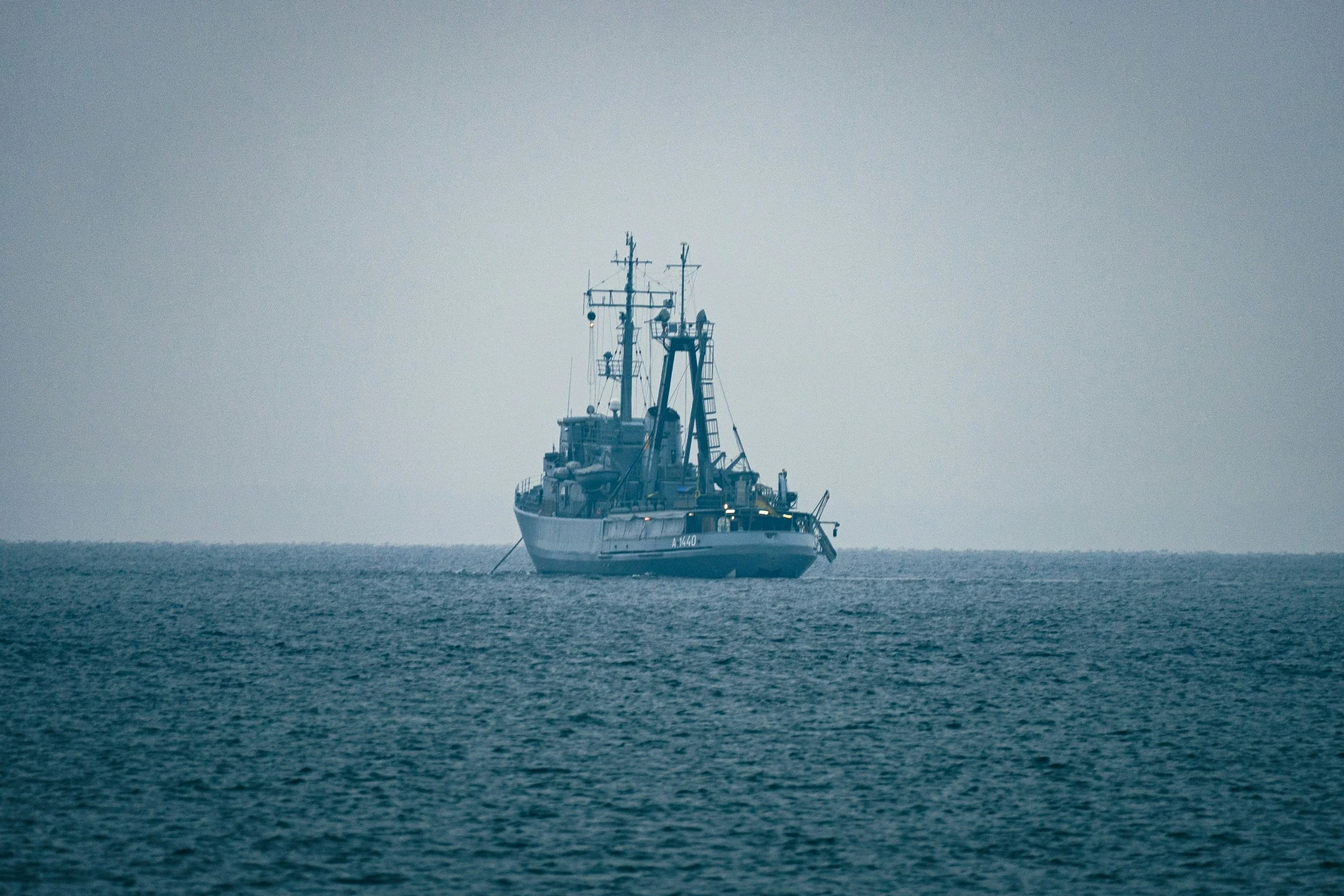Russian Spy Ship Enters British Shores
By Katie Clayton
In the past 24 hours, there have been many reports of a Russian spy ship approaching the UK, pointing lasers at RAF pilots in an attempt to track or blind them.
This raised a serious question with the British public: are we able to defend ourselves if they decide to attack?
According to The House of Commons Library, as of April 2025, the UK armed forces have about 147,300 full-time personnel, while the Council on Foreign Relations reports that Russia has an estimated 1.1 million active-duty soldiers.
In the past year alone, Russian President Vladimir Putin has drafted 160,000 men aged between 18 and 30 to join the Russian armed forces.
This highlights the sheer lack of defence in the United Kingdom.
Members of parliament have warned that: “The UK lacks a plan for defending the homeland and overseas territories.”
Labour MP, Tanmanjeet Singh Dhesi, said: “We have repeatedly heard concerns about the UK’s ability to defend itself from an attack.
“There needs to be a coordinated effort to communicate with the public on the level of threat we face and what to expect in the event of conflict.”
The UK is a member of the North Atlantic Treaty Organisation (NATO), which includes several countries with strong militaries and high numbers of military personnel, including the USA (2 million), France(304,000), Germany (183,000) and Italy (338,000).
NATO was introduced after the Second World War, as a system of collective security for all the countries involved. In Article 5 of NATO, it is declared that an armed attack against one member is to be considered an attack against them all.
Our Defence Secretary, John Healey, assured the public at Downing Street that necessary changes are in action since Labour came into office in July 2024.
Healey said: “In our first year in government, we brought in the largest pay rise that our forces have seen for more than 20 years.
“The biggest increase in defence spending since the end of the Cold War, with a £5 billion boost this year alone.”

